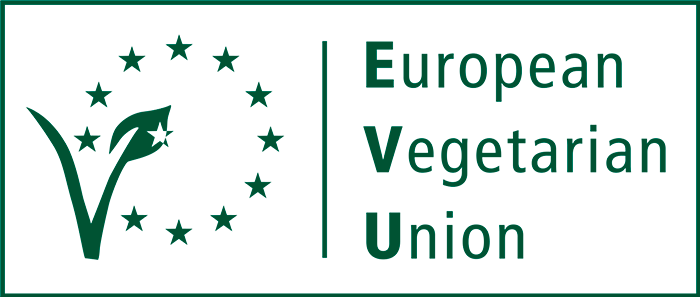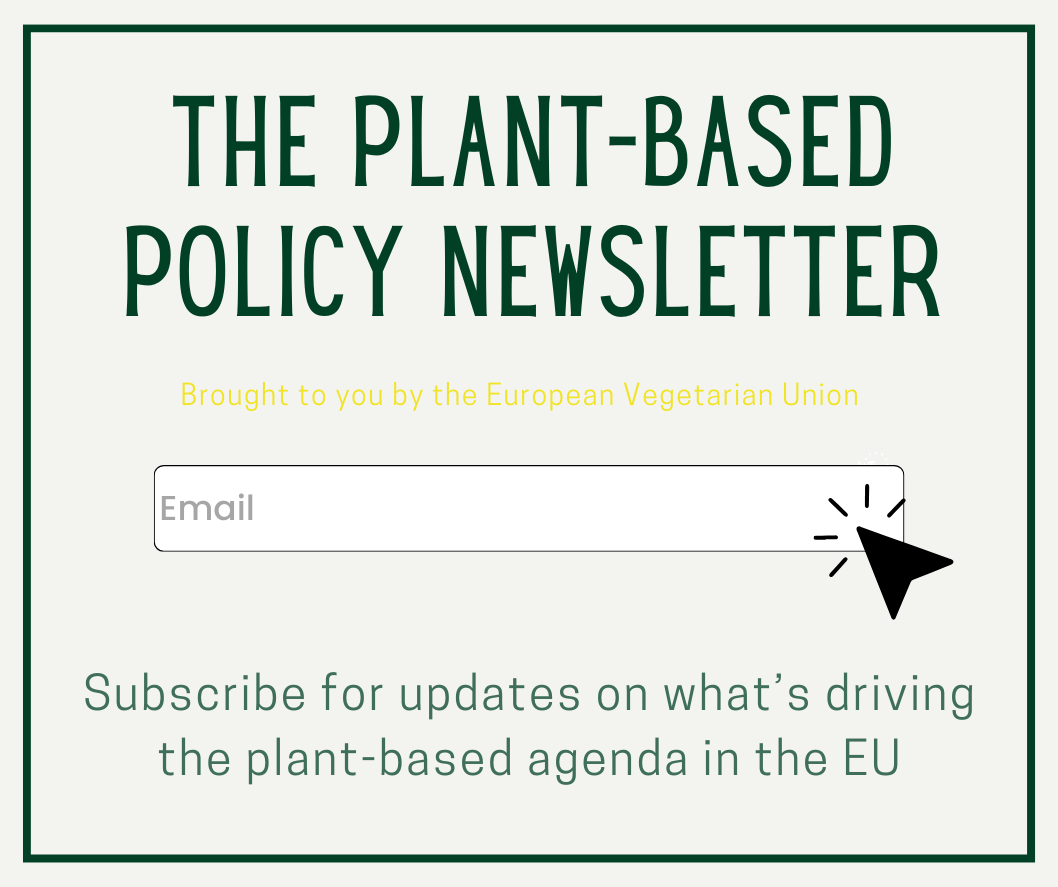The European Vegetarian Union (EVU) has expressed disappointment over the vote on 9 May 2023 by the European Parliament on the inclusion of plant-based milk alternatives in the Parliament’s own-initiative report for the EU School Scheme. The European Parliament was set to vote on a series of amendments that would expand the scope of eligible products in the scheme to include plant-based alternatives to milk. However, the amendments failed to get a majority in the final plenary vote much to the dismay of the EVU and its allies.
The EVU, partner organisations, NGOs and allied businesses, had prepared a joint position paper highlighting the need to recognise the needs of all school children by including fortified plant-based milk alternatives in the EU School Scheme. They argued that these alternatives were essential in terms of inclusion, availability, sustainability, and affordability. The paper emphasised the importance of educating young generations about the impact of their food choices on their health and the environment, and how widening the choices available in the scheme could support the creation of healthy and sustainable food habits.
The Farm to Fork Strategy emphasised the need for a transition towards more sustainable consumption patterns and a shift to a more plant-based diet. The EVU believes that the EU School Scheme should align with these goals and promote sustainable production and consumption patterns.
One of the key arguments put forth by the coalition was the health and nutritional benefits of fortified plant-based milk alternatives. Another crucial aspect highlighted was the lower environmental impact of plant-based foods and drinks. Livestock farming is a significant contributor to greenhouse gas emissions, and a shift to more plant-based diets is recognised as a key driver for climate mitigation and food system resilience. The EVU and its allies also highlighted the market opportunities presented by plant-based foods and drinks. The plant-based sector has experienced significant growth in recent years, with plant-based alternatives to milk showing high acceptance rates across the consumer market. Supporting the inclusion of plant-based alternatives in the EU School Scheme would not only promote sustainable and healthy eating habits among children, but also provide employment opportunities for farmers and contribute to a just transition towards alternative protein and crop production.
As outlined by Euractiv, MEP Carmen Avram, the report’s rapporteur, emphasised the need to increase the budget so that children with dietary restrictions can have approved alternatives within the EU school scheme. She suggested that almond ‘drink’ could serve as a substitute for dairy milk in case of lactose intolerance since almonds are already included in the scheme. Avram noted that member states have the final decision to diversify the list of alternatives for children with medical and dietary restrictions within the scope of the scheme. The report aims to reconcile inclusiveness for these pupils while promoting locally sourced products, as stated by the rapporteur.
As the EU School Scheme benefits over 20 million children across Europe, the EVU and its allies see it as a flagship initiative for promoting sustainable practices and developments. The EVU will continue to monitor developments around this, and to call on the relevant stakeholders to take into account the arguments put forward by the joint position paper. It is crucial not to miss this opportunity to walk the talk on the Farm to Fork strategy’s objectives.


